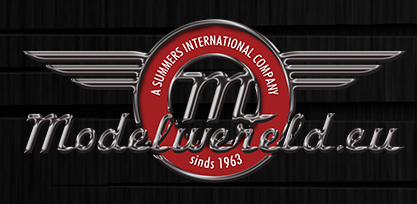The T-4 is mostly made of aircraft aluminum alloys, with some control surfaces made of carbon-fiber / epoxy composite, plus very selective use of titanium. It has high-mounted swept wings, with a supercritical airfoil section and a leading-edge dogtooth; a conventional swept tail assembly; tricycle landing gear; twin engines, one mounted in a pod along each side of the fuselage; and a tandem-seat cockpit with dual controls. The T-4 can be fitted with a stores pylon under each wing and under the fuselage centerline, for a total of three pylons. The wing pylons are wet and can be used to carry 450 liter (119 US gallon) external tanks. Other external stores include a centerline target winch for the target tug role; an air-sampling pod for detection of fallout or other atmospheric pollutants; jammer or chaff pods for electronic warfare training; and a baggage pod for use in the liaison role. The aircraft also includes a baggage compartment in the center fuselage. The T-4 does not have a built-in cannon, but it can in principle carry a centerline cannon pod or other weapons and munitions, allowing it to be used for weapons training. It is unclear if it ever has been qualified for weapons carriage. The T-4 is regarded as strong, agile, and pleasant to fly, while being cheap to operate. T-4s flying in the training role are painted overall gray with dayglo orange on the tips of the flight surfaces. Some of the few given to operational squadrons, which use them for keeping up flight hours and as hacks, have apparently been painted in camouflage colors to match the combat aircraft they share the flight line with. As mentioned, the Blue Impulse team re-equipped with the T-4 in 1995, with their six machines painted in spiffy blue-and-white colors and fitted with a smoke generator system. The Blue Impulse T-4s also have a stronger canopy, presumably to deal with bird strikes and other low-level hazards; a ground-proximity warning system; and a few other modifications for their aerobatic display role. While not as fast as the T-2, the T-4 is much more agile and much less expensive to fly. Unfortunately, two of the Blue Impulse T-4s hit a mountain during low-visibility conditions on 4 July 2000, with three aircrew killed. The team performed with only four aircraft through 2001 and into 2002, though they were back up to six by the beginning of 2003. A total of 208 production T-4s was built. The JASDF has no further requirement for new T-4s at present. Upgrades are in planning, including fit of at least some T-4s with a modern "glass cockpit" to provide training for the F-2, and a full authority digital engine control (FADEC) for the F3-IHI-30 turbofans.


